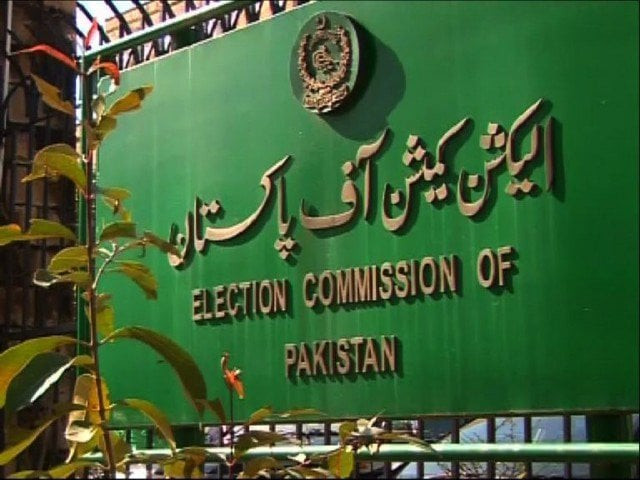
The Election Commission of Pakistan (ECP) announced on Friday that it will implement the Supreme Courts landmark verdict on reserved seats, a ruling that could turn the tables in the national and provincial assemblies.
In a press release, the electoral body confirmed that a decision has been taken to implement the decision of the Supreme Court.
The commission also directed its legal team to promptly identify any obstacles in implementing the apex courts decision so that further guidance could be sought from the court.
The top courts July 12 decision, delivered by a 13-judge full bench, handed a major blow to Prime Minister Shehbaz Sharifs ruling coalition by declaring that the opposition party PTI is entitled to reserved seats for women and non-Muslims.
The ECPs enforcement of the ruling could potentially catapult PTI to the top of both houses of Parliament, a dramatic shift in the political landscape.
The ECPs meeting, held a day earlier, encountered some bumps along the road, with initial discussions suggesting that additional guidance from the top court might be necessary due to a lack of clarity.
ECP rejects PTIs criticism
In response to criticism from the PTI on Friday, the ECP firmly rejected and condemned the allegations.
The ECP described the demand for its resignation as absurd, affirming that it would continue to operate according to the constitution and legal framework, undeterred by any external pressure.
The ECP clarified that it did not misinterpret any decisions, addressing concerns raised by the minority judgment which criticized its interpretation of the courts January 13 ruling. This ruling had stripped the PTI of its election symbol, the bat, and identified the partys candidates as independents.
The minority judgment had stated that the ECP lacked the authority to reclassify validly nominated candidates of a political party as independents.
The ECPs press release stated that it did not validate PTIs intra-party elections, which led to the party challenging the ECPs decision through various channels.
The ECPs decision was upheld, and as a result, the bat symbol was withdrawn under Section 215 of the Elections Act. The ECP criticized the PTI for unjustly blaming the commission.
The ECP explained that 39 lawmakers, who were recognized as PTI MNAs by the court, had not submitted the required party ticket and declaration to the returning officer (RO) with their nomination papers. Consequently, these candidates could not be listed as PTI candidates.
The 41 candidates declared as independents had neither mentioned PTI affiliation nor provided a party ticket in their nomination papers. Therefore, the ROs permitted them to run as independents.
After their election victories, these MNAs joined the Sunni Ittehad Council (SIC) within three days, which led to an appeal against the ECPs decision in the SC and the Peshawar High Court (PHC).
The SICs appeal was rejected, and the PTI was not involved in these proceedings at any stage.





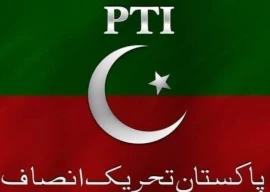

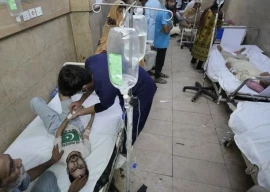
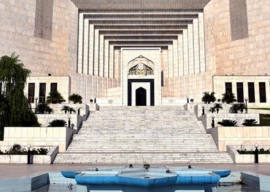

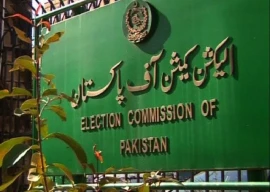








COMMENTS
Comments are moderated and generally will be posted if they are on-topic and not abusive.
For more information, please see our Comments FAQ